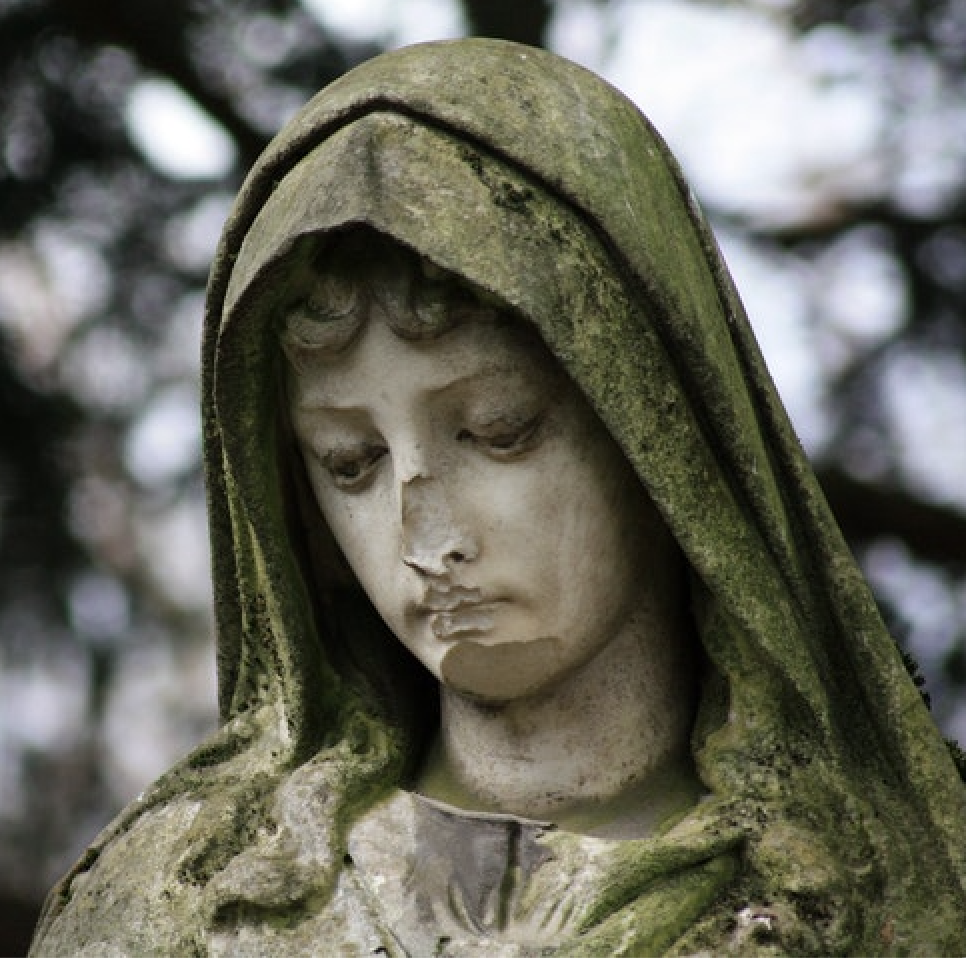May Their Memory Be For Blessing

A few days ago, my adult children asked me if I could pick them up from the airport that night; they were coming home from California and their ride had fallen through. My schedule that evening was still unsure. I said probably, but if I wasn’t able to make it I would Venmo them the money for an UBER.
That afternoon I spent 2 ½ hours driving all over the Denver area running errands and to be honest, I forgot for a moment that they were flying in that evening. I was already exhausted and shoveling down some dinner a couple blocks from my home, when I looked at the clock and realized, “oh shit. the kids are coming in”. I was SO close to being home for the night – to the ease and comfort of NETFLIX and my big sofa1. The last thing I wanted was another 90 minutes in my car. I was just a few keystrokes away from texting that I “couldn’t make it”, when I thought, “but moments with my kids are precious”. Ever since their cousin died2, I have had a much keener awareness of this simple fact. So I grabbed the dog, hopped back in the car and picked up my kids (who were for sure happier about seeing the dog, but that is understandable).
A friend of mine, who grew up on the Pine Ridge Reservation, told me that his people’s practice is to not speak the name of the dead for a year. Only after twelve months of their name remaining unsaid are the rituals for gathering loved ones and telling stories undertaken.
I have no authority to speak about what this tradition might mean for them, but hearing of it made me wonder if perhaps one of the benefits is it allows for some forgiveness to happen before our dead are memorialized among us. Forgiving them for their shortcomings, but also maybe forgiving ourselves as well. Because when someone I loved has died so too have all my opportunities to have been a “better” friend, auntie, granddaughter etc. So coming to terms with their passing involves coming to terms with the regret, remorse, and the ever-present self-critical impulse within me as it relates to how I did or did not show up for them.
I wonder if our grief metabolized for a year before we spoke of our dead, would it allow the words we spoke to be less about us and more about them? And if we did that, I wonder if the words would have even more joy, more celebration, more humor?
Our Jewish cousins in the faith say of the dead, “may their memory be for blessing”.
Like with what my Native friend said about their practices around death, I cannot speak to what that means, only to what it meant to me when I heard it.
I’ve been known to say that when someone dies or we experience a loss, we don’t get to control the guest list. Grief sticks their foot in the door and the bastard waves all his friends in. So often when I find myself crying about something, I am suddenly also crying about something else.
I am not interested in the inevitably failed project of continual self-improvement. But I do think we get to grow in wisdom. So in the grief we feel about “what we have done and what we have left undone” maybe there can be a gentle leaning toward living our daily life in such a way that we have even just a few less regrets for how we spent our time, or how we held a grudge or how we withheld our love. And this, to me, is one of the ways that the memory of our beloved departed can be to us, a blessing.
In Etty Hillesum’s diaries, An Interrupted Life, she writes,
“Give your sorrow all the space and shelter in yourself that is its due, . . . And if you have given sorrow the space its gentle origins demand, then you may truly say: life is beautiful and so rich. So beautiful and so rich that it makes you want to believe in God.” This, from a young woman living under Nazi occupation, who was later killed in Auschwitz. May her memory be for blessing.
Give your sorrow all the space and shelter inside of you that it deserves. And also, life is beautiful.
Maybe for the memory of our dead to be a blessing, we must fully allow the sorrow to metabolize into forgiveness for ourselves and others. Because life is too beautiful not to. So, may even the memory of who we were in the past be for blessing.
Grief counselor Lois Tonkin’s work, Growing Around Grief, feels helpful:
Perhaps the increased space around our grief is filled with wisdom and forgiveness. I hope so.

